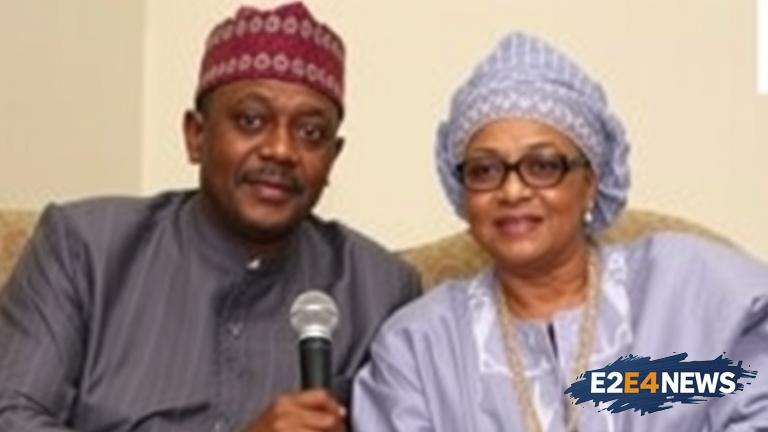Farooq Kperogi, a Nigerian academic and columnist, has retracted his claim that President Muhammadu Buhari divorced his wife, Aisha, before his death. Kperogi apologized for the false information, stating that he was misled by unverified sources. The claim had sparked widespread controversy and debate on social media, with many Nigerians expressing shock and disappointment. However, it has now been revealed that the claim was entirely false, and Kperogi has taken full responsibility for the mistake. In a statement, Kperogi expressed his regret and apologized to the Buhari family, particularly Aisha, for any distress or embarrassment caused by his earlier claim. He also apologized to his readers and followers for any confusion or misinformation he may have caused. Kperogi explained that he had relied on unverified sources, which he now realizes were incorrect. He emphasized the importance of verifying information before sharing it, especially on sensitive topics like the personal lives of public figures. The incident highlights the dangers of spreading false information and the need for fact-checking and verification in journalism and social media. Kperogi’s apology has been widely accepted, and many have praised him for taking responsibility for his mistake. The incident also raises questions about the role of social media in spreading misinformation and the need for greater accountability and fact-checking in online discourse. Furthermore, it underscores the importance of respecting the privacy and personal lives of public figures, including their families. In Nigeria, the incident has sparked a wider debate about the ethics of journalism and the need for greater transparency and accountability in the media. Many Nigerians have called for greater scrutiny of information shared on social media, particularly when it concerns sensitive topics like the personal lives of public figures. The incident has also highlighted the need for greater awareness and education about the dangers of misinformation and the importance of fact-checking and verification. Overall, Kperogi’s retraction and apology serve as a reminder of the importance of accuracy and truth in journalism and social media, and the need for greater accountability and transparency in online discourse.
